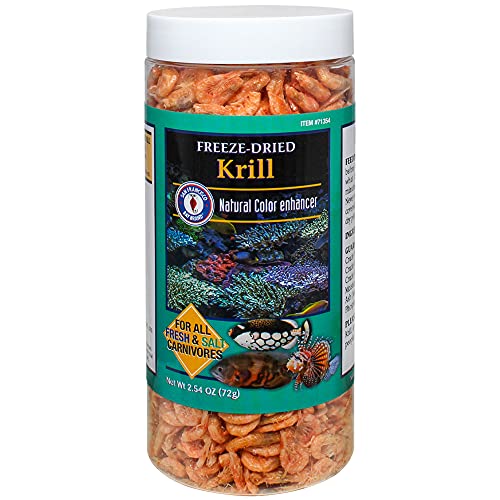No but it is far more practical then testing for the ones you can test for and dosing a proper amount, not to mention the huge cost associated with getting the lab grade chemicals to dose, the time to manually dose or the cost of a nice doser. The new higher end salts aren't nearly as bad as they used to be with far fewer non-desirables.
Yea salts are a little bit better now for sure, but they still have a lot of stuff that is not required, and if those things are not being used up in the tank, then the levels will just build up? I guess the same thing applies to most of the elements in the tank, Lets say you have a calcium level of 400 and you tank uses up 25ppm per week and you do a weekly water change with salt that has a 450 level in it? you will eventually end up with a very high level and this applies for every element in the system. Now once you have more of something you dont need it will either reduce the level of another element or increase your salinity?? Where as if you tested you could watch for that.
Agreed, it does dillute and does help to some degree I just perfered to deal with it more aggressivelyOr create a buffer to allow time to no kill stuff....
Ah so its best to just let problems build up over time so it becomes a massive/complicated issue to fix down the line??:biggrin1: :angel:
No but you should be able to tell by the behavior of the tank inhabitants that something is not correct, or by the tint in the water, or growth of non-desirables, appearance of a large amount of filter feeders, etc etc etc.
Yes if you really know your tank and have the experence you can in some cases, but problems with inbalances will be big before you see the outcome in the inhabitants. Form that point it might be to late to save them, or the fix might put them further into harms way>
Good conversation
Mike

































































